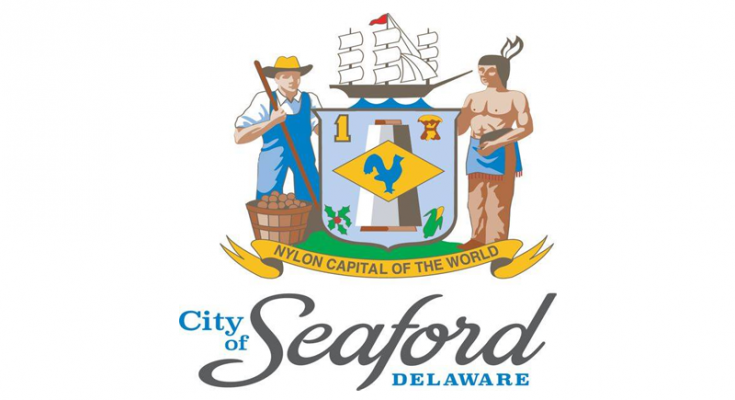The City of Seaford Water Department has informed residents that elevated levels of Radium have been a city well.
The city operates four wells and only one, located on Dulaney Street, is above the drinking water standard of 5 pCi/L, according to a statement released by the department.
Officials said the well has been off-line since July 21, 2021, and that no water with Radium 226 & 228 above the Drinking Water Standard has been introduced into our system since that date. “We are evaluating the path forward and this well will remain off until further notice.”
“Our water system recently violated a drinking water standard at one of our four operating wells. Although this is not an emergency, as our customers, you have a right to know what happened, what you should do, and what we are doing to correct this situation”, officials said in the statement.
“We routinely monitor for the presence of drinking water contaminants. On August 2, 2021, we received notice that the sample collected on June 21, 2021, showed that our system exceeds the standard, or maximum contaminant level (MCL), for combined radium. The standard for combined radium (226 & 228) is 5 picocuries per liter (pCi/L). The average level of combined radium over the last year is 5.6 pCi/L.”
Officials said there is nothing residents need to do. “This is not an emergency. If it had been, you would have been notified within 24 hours.” “You do not need to boil your water or take other corrective actions. However, if you have specific health concerns, consult your doctor. If you have a severely compromised immune system, have an infant, are pregnant, or are elderly, you may be at increased risk and should seek advice from your health care providers about drinking this water.”
Some people who drink water containing radium 226 or 228 in excess of the MCL over many years may have an increased risk of getting cancer, according to officials.
“We are researching options to correct the problem. These options may include treating the water to remove radium, drilling new wells to a confined aquifer, or abandoning this well. We anticipate resolving the problem within 3 months.”
Residents with questions can contact Berley Mears at 302-629-8307 or Kevin Cottman, Environmental Health Specialist III at 302-741-8630.

